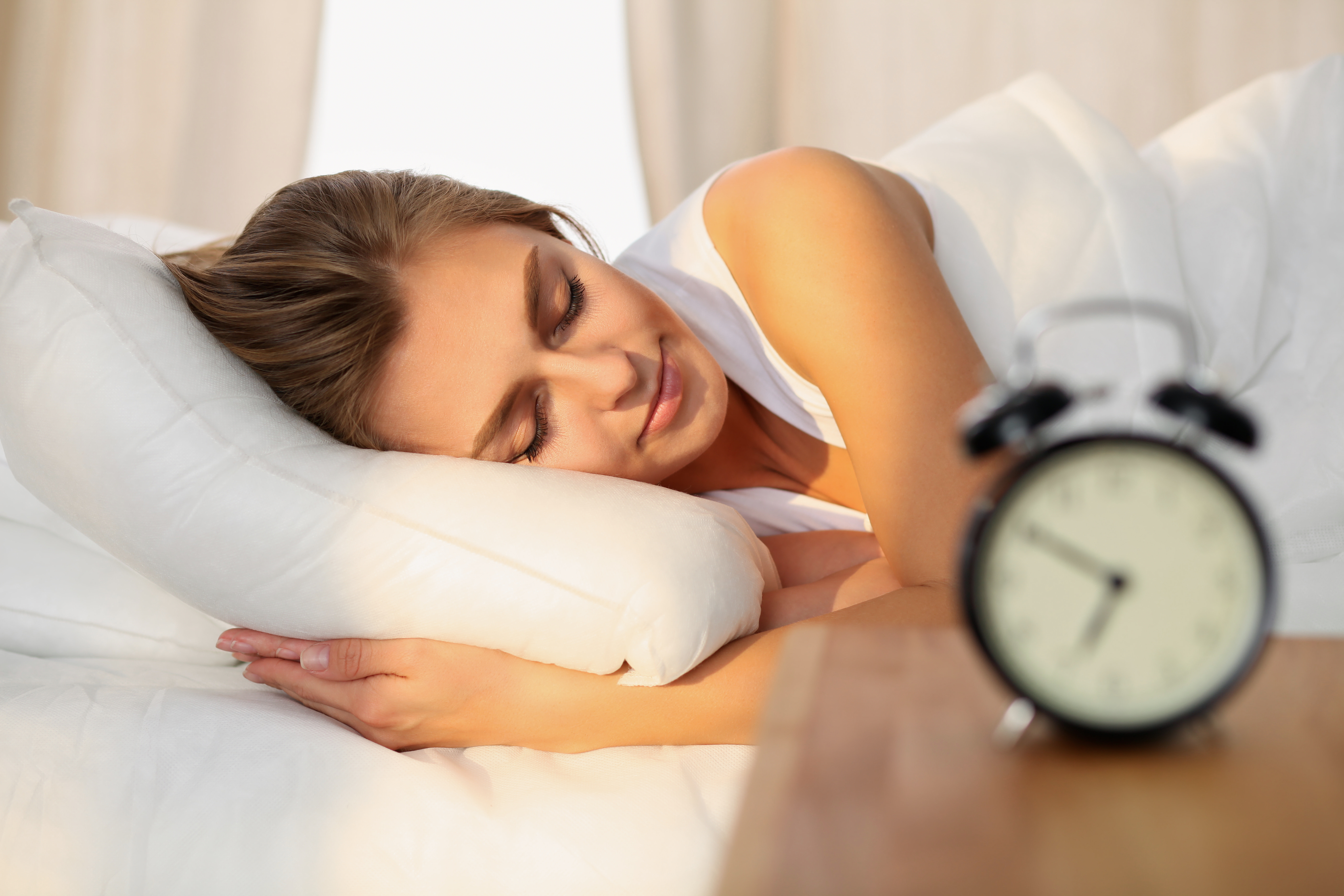According to the Centers for Disease Control and Prevention, 25.6 million Americans aged 20 years or older suffer from diabetes, with 90 to 95 percent of the cases being Type 2 Diabetes. With Type 2 Diabetes, the body does not use insulin properly leaving patients struggling to maintain healthy blood glucose levels.
Research shows that seven in 10 people with Type 2 diabetes also have Obstructive Sleep Apnea (OSA) which directly impacts their diabetes symptoms and their glucose control. The more severe a diabetic’s untreated sleep apnea, the poorer their glucose control.
Sleep Apnea is identified by pauses in breathing. These pauses called apneas wake people from sleep as they gasp for air. The most common type of Sleep Apnea is OSA, in which the airway is blocked or collapsed. Common symptoms of OSA include loud snoring, daytime sleepiness, morning headaches, and hypertension.
OSA can increase blood sugar levels due to the stress of chronic sleep deprivation and abrupt awakenings in the night. Dr. David Marrero, PhD, past President of Healthcare and Education at the American Diabetes Association explain “When you get stressed, your body releases stress hormones that can do things like release stored glucose into your liver.” Over time, the increase in blood sugar levels can contribute to insulin resistance.
The American Academy of Sleep Medicine (AASM) is advising anyone with Type 2 Diabetes to be evaluated for OSA. According to AASM past President M. Safwan Badr, “Treating sleep apnea in diabetics improves their nighttime glucose levels and insulin sensitivity.”
Resources: American Academy of Sleep Medicine. June 2013 www.aasmnet.org/articles.aspx?id=3935
International Diabetes Federation. www.idf.org/sleep-apnoea-and-type-2-diabetes
Diabetic Living www.diabeticlivingonline.com/complications/heart/diabetes-and-sleep-apnea-how-sleep-affects-blood-glucose-and-diabetes
